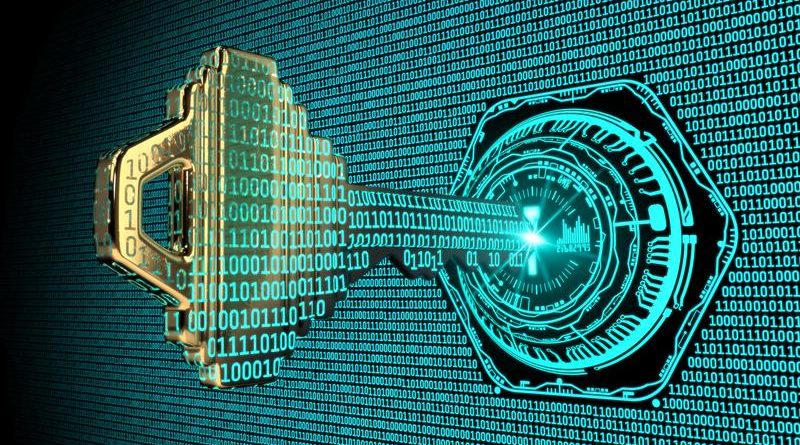Personal Cybersecurity Tips for Everyday Tech Users
The amount of risk your personal information faces when you’re using your home computer is quite astonishing, particularly if you do your banking online. To keep your data safe and secure while taking care of personal business, be sure to apply stringent security measures to your home computer as you would your work computer.
Create Secure Passwords
A secure password should have at least 12 characters and shouldn’t be tied to your name or your birthday. If you are on Facebook, many people have access to both of those bits of data. Passwords should include a combination of numbers, letters, and special characters. Special characters, such as $, can boost your security, but take care not to use them for obvious substitutions. Hackers go after easy targets. With challenging passwords, you’re more likely to be passed over by someone hoping to get into your data. A lawyer can help you go after a fraud loss, but even with the best advice, protecting your data and money can be easier than getting it back once it’s stolen.
Update Your Computer Often
If you notice your Windows PC is acting sluggish or webpages are loading slowly, click on the Windows icon in the lower left-hand corner of your monitor. A power image will show up at the bottom of the list. By allowing the cursor to hover over this image, you may get the chance to update and restart. If you use the internet regularly and want to protect your computer from virus risk, take the time to update and restart. If the machine won’t restart, make sure the date and time settings are accurate.
Run Frequent Backups
Whether you have a removable hard drive or prefer to back up to the cloud, you should make sure you run frequent backups and save often. Anyone who has a home business will rest much easier with the comfort of having run a recent backup. You may lose a little time if you pick up a virus or just forget to save your work, but the more frequently you back things up, the less damage will occur if you suffer a major data breach and lose a lot of data.
Your computer may not seem to require a lot of protection, but your social media accounts and online browsing history deserve protection. With complex passwords, a regular habit of saving and backing up and installing updates when necessary, you can keep your computer working and your data safe.




Pingback: What Is ITIL and How Is It Used? – Falstaff Enterprises
Pingback: How Technology Is Shaping Militaries Around the World – Falstaff Enterprises